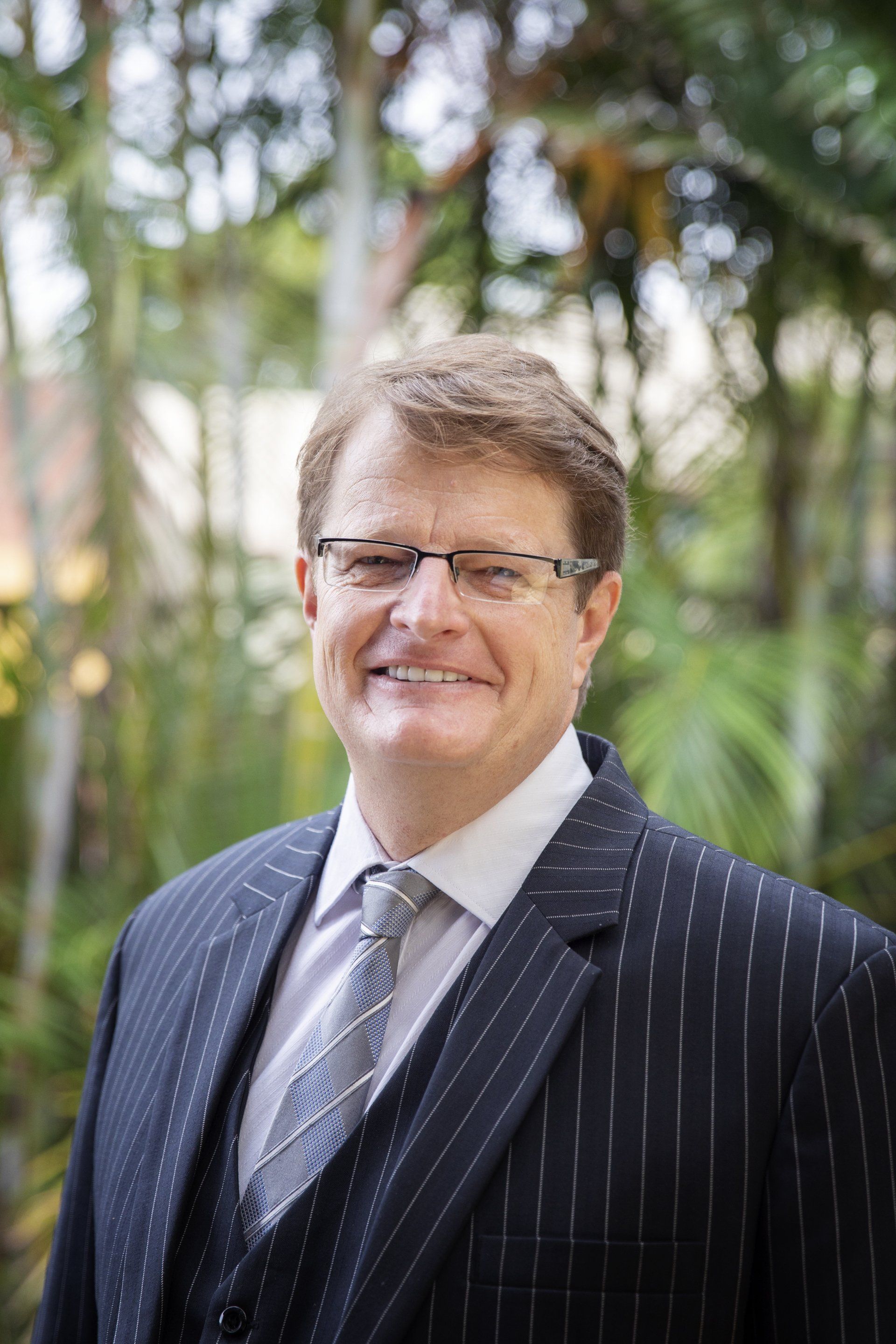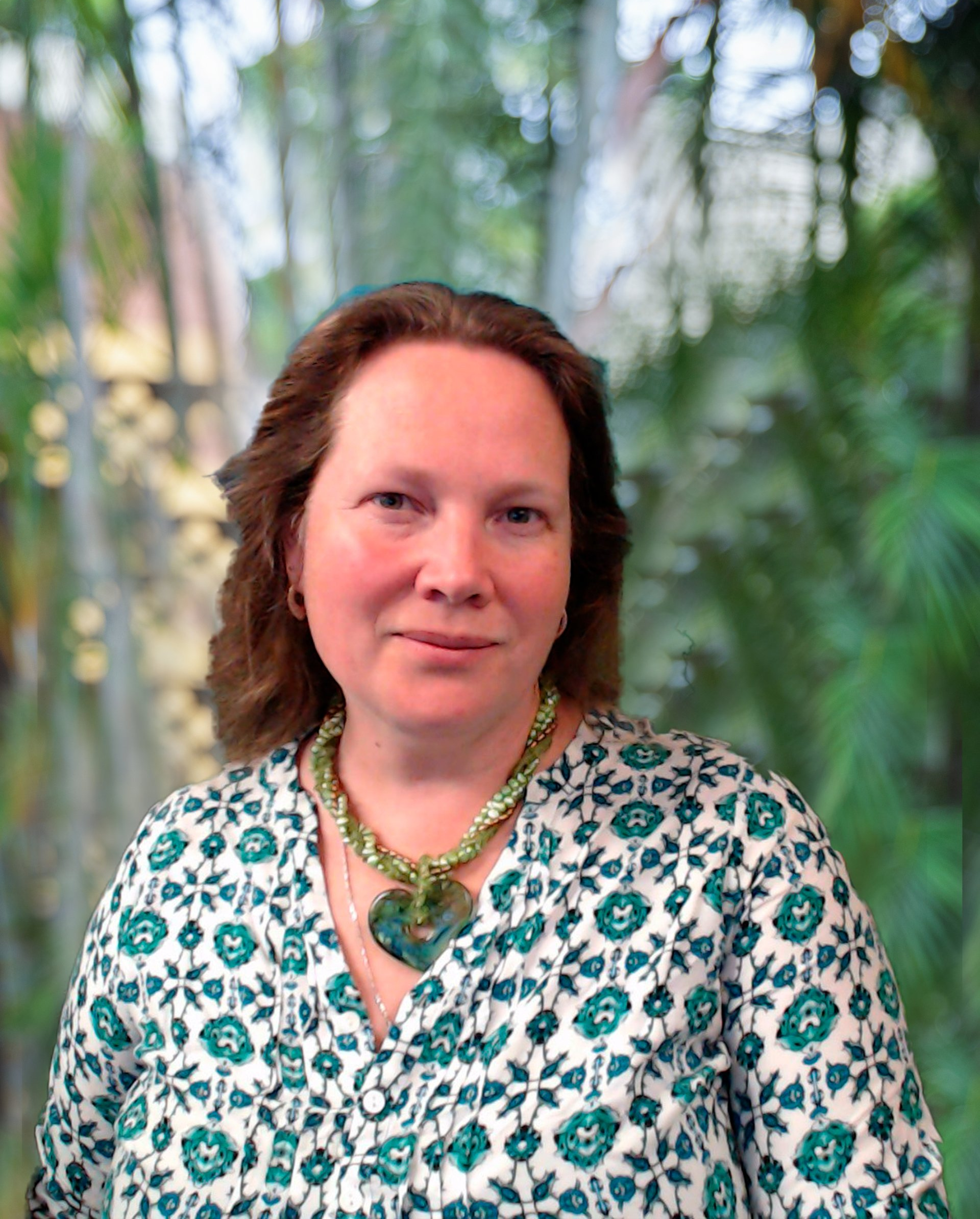Elder Law Lawyers Newcastle Book an appointment online for a time that suits you
How we can assist you
- advising you on the different planning tools available which are best suited to your individual needs;
- guide you in the most appropriate way to distribute your assets to give effect to your wishes and shield your will as far as reasonably possible from being challenged by family members after your death; and
- advise you on the implications of creating a power of attorney and an enduring guardianship.
- discuss with you your rights under the law and any actions available to you; and
- help you pursue any claims under age discrimination or elder abuse laws.
- help you to:
- understand a contract of sale or a lease agreement before you commit to living in a retirement village;
- advise you on the types of recurring costs associated with living in a retirement village or an aged care facility;
- help you to ensure that you maintain your legal independence in the event that things go wrong.
Book an appointment online at a time that suits you
Our Newcastle Elder Law Team
Rob Brook
Principal Director
BA LLB LLM
Michelle Whitehead
Consultant Lawyer
LLB(Hons) LLM(Hons)
FAQ
- What property can be disposed of by a will?
- Any property that you possess or that you are entitled to at the time of your death can be disposed of by will.
- You cannot use your will to dispose of any property of which you are a trustee at the time of your death.
- What is a valid will?
- There are several requirements that must be met for a will to be valid.
- The will must be in writing and signed by the testator. If the testator is unable to sign the will then another person must sign it in the presence and at the direction of the testator. For example if the testator suffers from a physical impairment that renders them unable to sign another person may sign on their behalf.
- The testator must sign the will or acknowledge their signature or a signature made on their behalf before at least 2 witnesses together at the same time.
- The 2 witnesses must not be beneficiaries and should not be named as executors in the will.
- See our Wills page for more information.
- Who can challenge my will?
- Under the law you are free to dispose of your property to whoever you want by your will.
- However an eligible person can challenge your will if they claim you have not made adequate provision for their proper maintenance, education or advancement in life.
- An eligible person is a person who is:
- your spouse at the time of your death;
- your de facto partner at the time of your death;
- your child including an adopted child;
- your former wife or husband;
- your grandchildren but only if they have lived with you as part of your household and were dependent on you; or
- a person who was living in a close personal relationship with you at the time of death.
- See our Family Provision page for more information.
- What is intestacy?
- Intestacy occurs when a person who owns an estate dies without leaving a valid will.
- An estate includes all real and personal property remaining after payment of debts and funeral expenses.
- If you died without first making a valid will you will be referred to as an 'intestate'.
- This is opposed to a person who dies with a valid will who is referred to as a 'testator'.
- A spouse of an intestate is defined as a person who:
- was married to the deceased person immediately before their death; or
- was in a domestic partnership with them immediately before their death.
- A domestic partnership with an intestate is defined under the law as either a:
- registered relationship within the meaning of the Relationships Register Act 2010; or
- a de facto relationship that has been in existence for a continuous period of 2 years or resulted in the birth of a child.
- What is enduring guardianship?
- An enduring guardianship is a formal legal document allowing another person to make decisions about your accommodation, health, medical and dental treatment and other personal services.
- An enduring guardian cannot make decisions relating to your financial matters.
- What are the most common functions of an enduring guardian?
- Under section 6E of the Guardianship At 1987 (NSW) a person validly appointed as an enduring guardian can:
- decide the place where you live;
- decide the types of health care you receive;
- decide and approve any personal services you may require; and
- consent to any medical or dental treatment that is required.
- Can my enduring guardian change my will?
- While an enduring guardian holds many decision-making powers they cannot make or alter your will.
- What is a power of attorney and enduring power of attorney?
- Under a power of attorney you formally give authority for another person or a trustee organisation to legally manage your assets and financial affairs if you are unable to do so.
- A power of attorney can only deal with property and financial matters.
- There are two types of power of attorney. These are ordinary and enduring powers of attorney.
- With an ordinary power of attorney you give the power to someone for a defined period of time (such as if you are overseas on a long-term holiday) or to act in a particular capacity (such as on the purchase of a particular property on your behalf, or to act for you generally in all matters at all times. An ordinary power of attorney ceases to be effective when you lack capacity to act for yourself. It may be revoked at any time.
- An enduring power continues even after you have lost capacity. This means your enduring power of attorney will still be able to manage your affairs if you start to suffer from dementia or are otherwise incapacitated.
- What is the difference between aged care facilities and retirement villages?
- Aged care facilities are government funded and sometimes subsided care facilities set up to assist older persons requiring personal and nursing care to live comfortably.
- Retirement villages are a lifestyle choice available for older persons after retirement. While retirement villages have communal facilities they do not usually offer nursing or personal care to the residents.
- What principles are relevant to determining capacity generally?
- Whether a person has capacity depends on the particular task that is being required of them. Some people might have capacity to do one thing but not another.
- To assess capacity in a given scenario the following issues will be considered:
- whether the person understands the facts involved in the decision making process;
- whether the person understands the consequences of their actions and how it may affect them; and
- whether the person in able to communicate clearly their decision.
- What is elder abuse and where can I get information about it?
- In Australia there are laws that protect an older person from being abused either physically, psychologically, emotionally or sexually.
- A single act or failure to act can constitute elder abuse as can an ongoing pattern of behaviour.
- The main indicia of elder abuse are:
- a relationship giving rise to an expectation of trust; and
- the causing of harm or distress to an older person.
- This can include intentional or unintentional neglect.
- Information is available from the New South Wales: NSW Elder Abuse Helpline – 1800 628 221
Q&A
- What are the four key principles needed to ascertain a person’s capacity to make a will?
Question
My mother wants to make a will but she has started to get forgetful and we suspect she is in the early stages of dementia. Is she still able to make a will? What do we need to consider?
Answer
- The fact that someone’s memory is not what it used to be is not necessarily an indication that the person lacks testamentary capacity – the ability to make a valid and binding will.
- If a will is challenged on the basis that the testator may not have had testamentary capacity at the time, a court will look for evidence of four key factors that speak to the capacity of the testator. They are that the person making the will:
- understood what the implications of making a will are in a general sense;
- knew what assets he or she had (including the properties and bank accounts in the estate, and any refundable accommodation deposit or loan);
- knew who his or her family members were at the time of making the will and considered any moral duty to provide for each of them; and
- was not affected in judgment by a mental disorder that influenced the gifts made under the will.
- If those tests are satisfied in the opinion of the lawyer drafting the will and notes of conference are taken where open-ended questions were asked, it will be more difficult for a relative to challenge the will on the basis of testamentary capacity.
- There are of course other factors that can come into play including the effect of medications that a person is taking at the time of making their will.
- Where testamentary capacity may be in issue the lawyer drafting the will may conduct a testamentary capacity test and gather other evidence of capacity from treating medical practitioners, staff of any home at which the testator resides, and from family members.
- What happens if I die without leaving a will?
Question
I've only got two sons and they are on good terms with each other so I suppose they will work it out between themselves when I die. What will happen to my estate when I die if I don't write a will? I'd like to let my boys know.
Answer
- A person who dies without a will (or without a valid will) is referred to as dying 'intestate’.
- The laws of intestacy are complicated and the process can be time consuming depending on the size of estate and the mix of any surviving heirs. Generally the NSW Supreme Court will appoint a suitable administrator. This will probably be one of your sons.
- The administrator is responsible for:
- arranging the funeral;
- collecting assets;
- establishing a list of beneficiaries;
- paying debts; and
- distributing your remaining assets to beneficiaries.
- For a person to receive a benefit under an intestate estate in NSW they must survive the intestate person (deceased) by 30 days. This is called the survivorship rule.
- This means that if you and one of your sons were both killed in an accident then that son (or his family) would not receive any of your estate.
- Your other remaining son would receive the entire estate.
- You may be comfortable with this but if your sons have families who you intend would also receive some of the benefit of your estate then you should consider engaging us to draft your will to give effect to your wishes.
- How is an estate divided under laws of intestacy?
Question
I know I should make a will but I never seem to get around to it. If I die without a will how will my property be distributed?
Answer
- In NSW this depends on who your beneficiaries are. If you are leaving behind dependent spouses or children this will be very different to a situation where all of your children are grown up and you have no spouse.
- For example if you die leaving a spouse and no children of that relationship and you have no other spouse or children then your spouse will inherit the whole intestate estate.
- If you die leaving a spouse and children then the entire estate goes to your spouse as it is assumed that they will provide for the children of your relationship.
- If you die leaving a spouse and children from another relationship the estate is divided according to a specific formula stated under the law. Your spouse receives a statutory legacy (specified amount of money) as provided under the law as well as your personal effects and half of the remainder of the estate. Your children receive the remaining part of the estate to share equally. If there is not enough value in your estate to satisfy the statutory legacy then your spouse will receive the whole estate and your children will have nothing.
- If you die leaving behind multiple spouses then the estate is divided either in accordance with a written agreement made among your spouses, in accordance with a court order or equally.
- If you have no spouse (including a de facto partner) and no children:
- your estate will go to your parents; or
- if your parents are also dead your estate will go to your brothers and sisters; or
- if you have no surviving siblings your estate will go to your aunts and uncles; or
- if you have no next of kin your estate will go to the state or territory in which you live.
- If you have any specific wishes as to whom your estate should be distributed after you die then you are strongly advised to engage a lawyer who can assist you.
- How is my estate distributed among my children if I have no spouse?
Question
I am an 85 year old man. I have no surviving spouse but I have two surviving children and a deceased daughter who left behind three children. If I were to die without leaving a will how will my estate be distributed among them?
Answer
- Your estate will be divided into three equal portions after payment of all debts and costs including the costs of your funeral.
- Your two surviving children will each receive one-third of estate. The remaining one-third will go to your grandchildren from your deceased daughter to be shared equally.
- If any of your grandchildren were to die before you and also left behind children then their children will take equal shares of any amount that would have gone to their parent.
- The laws of intestacy are complicated and the process is time consuming. If you want your estate to be divided in a specific way you should write a will that expresses your intentions. For example if you want your prized collection of vintage toy cars to go to your grandson you must specifically declare them as a gift to your grandson under a will.
- What should I do if I think my mother's dementia is going to prevent her from drafting a will?
Question
My elderly mother who is the owner of significant assets is suffering from dementia. She insists on making a will but my brother is of the opinion that she cannot make sound decisions. I am not sure what the appropriate way to proceed is.
Answer
- Elderly persons in Australia are given significant legal protection against potential abuse from family members. Unfortunately it is not uncommon for children of elderly parents who have a significant estate to take advantage of their parent's vulnerable position.
- If a person is still capable of understanding what they are doing with their property and knows and approves the contents of a will and considers appropriately the needs of each of his or her family and the obligation to provide for them then they may make a valid will.
- When your mother goes to a lawyer to draft her will the lawyer will interview her to assess whether she has testamentary capacity. This will include questions to gauge whether she:
- understands the extent of her property;
- knows wants to do with her property;
- understands any claims that may be made on her property by family members;
- understands what a will is and its effect; and
- shows any signs of mental disorder that may affect how he or she intends to dispose of her estate.
- If the lawyer is of the opinion that your mother may not have testamentary capacity and if a professional medical examination confirms this then an application under section 18 and section 19 of the Succession Act 2006 may be made to the court for a court-authorised will to be made, sometimes referred to as a statutory will.
- What are the key things to consider when creating an enduring power of attorney?
Question
I want to plan for my future and one of the things I know I should consider is whether I appoint someone as an enduring power of attorney. I will eventually go to a lawyer but can you tell me what some of the main considerations are so that I am well prepared?
Answer
- The advice given by us as your lawyer will differ on case-by-case basis when we discuss your particular needs with us.
- A person who wants to create an enduring power of attorney is referred to as a donor. The person accepting the power of attorney is called an attorney.
- Generally the following matters are important to understand when considering the creation of an enduring power of attorney:
- you can specify, limit or restrict the powers that are given to the attorney; and
- you can specify when the enduring power of attorney starts and ends. It may be when you lose your mental capacity or at a specific time at which you authorise the donor and they accept. You must note that you can only revoke the enduring power of attorney if you have the mental capacity to do so.
- Subject to any restrictions listed in the document the attorney has the power to make any lawful decisions that you would otherwise have the power to make.
- Unlike an ordinary power of attorney an enduring power of attorney continues even when you lose your mental capacity.
- Can I choose my attorney and can there be more than one attorney under a power of attorney?
Question
I have two daughters and I want them both to be involved in making decisions on my behalf in the event that something goes wrong with me. Can I choose who the attorney is and can I appoint both of them?
Answer
- As the donor you have the power to choose who you want as your attorney. It is a very important decision and should not be taken lightly.
- You can choose a family member, a friend or a professional trustee such as the Public Trustee to act as your attorney. You may also choose your lawyer to be your attorney however they will not be able to execute the power of attorney document in this case.
- This sort of appointment may become complicated if the lawyer is appointed as an attorney under an enduring power of attorney. For example the lawyer cannot sanction payment of bills under any costs agreement to themselves if the donor loses mental capacity to authorise payments.
- You should not choose to appoint both of your daughters just because you want to be fair.
- You must choose a person who is:
- trustworthy;
- reliable;
- willing to accept the attorney; and
- able to take decisions independently.
- If you believe that both of your daughters are equally suitable then you can certainly appoint more than one attorney. The attorneys can act either jointly, severally or both.
- When acting jointly all attorneys must act together and cannot make separate decisions. If one attorney becomes unable to continue with their appointment the power terminates.
- When acting severally each attorney has the power to act independently of one another.
- When acting severally or jointly all attorneys may act together or separately. If one attorney becomes unable to continue with their appointment the power of attorney does not terminate.
- What happens if I've been named as an executor but I don't want to do it?
Question
My wife passed away and left me as a sole executor under her will. I am 80 years old and don’t want to take the responsibility of being an executor. What can I do?
Answer
- Being nominated as an executor under a will does not mean you have to fulfil that role. You can renounce probate and transfer the role of an executor to a professional. In NSW you may appoint a professional trustee company such as the NSW Trustee and Guardian.
- If you intend to refuse the role then you must remember not to take any actions that suggest you have accepted the role of an executor. This includes collecting assets or paying debts.
- If you renounce probate we prepare a ‘renunciation of probate’ form to file in the Equity Registry of the Supreme Court together with an application for probate.
- Can I choose whether I am cremated or buried?
Question
I want to be cremated after death and I want my ashes scattered in a few particular locations. Will stating my intentions under a will make it legally binding on an executor?
Answer
- The executor of your will is required to make arrangements for your funeral. You may state in your will any specific instructions regarding your funeral however these are not legally binding on your executor or your trustee appointed under the will.
- Funerals need to be arranged relatively quickly after death. A person’s will is sometimes not accessed until after their funeral.
- Families generally seek to abide by the testator’s wishes if they know them. If you desire a specific funeral you should discuss this with your close family so they are aware of your wishes and can act accordingly.
- What can I do if I've been replaced by a younger employee with less skill and experience just because I'm older?
Question
I am 59 years old and have been working as an administrative assistant for 3 years. Last week I was called into the office and informed that my position was no longer required and was offered a redundancy package. It has come to my attention that two new junior secretaries have been employed to carry out the same tasks. I feel I was discriminated against due to my age. What can I do?
Answer
- Age discrimination is unlawful in Australia and if you feel you have been discriminated against due to your age you should speak to a lawyer as soon as possible to discuss your options.
- Generally you may lodge a written complaint with the Australian Human Rights Commission. Once the commission receives the complaint it investigates the matter and acts as a facilitator to solve the problem between you and the employer.
- If the complaint is not resolved through conciliation you may take further legal action and pursue litigation in court. You should always discuss your matter with a lawyer as litigation can be expensive and time consuming.



